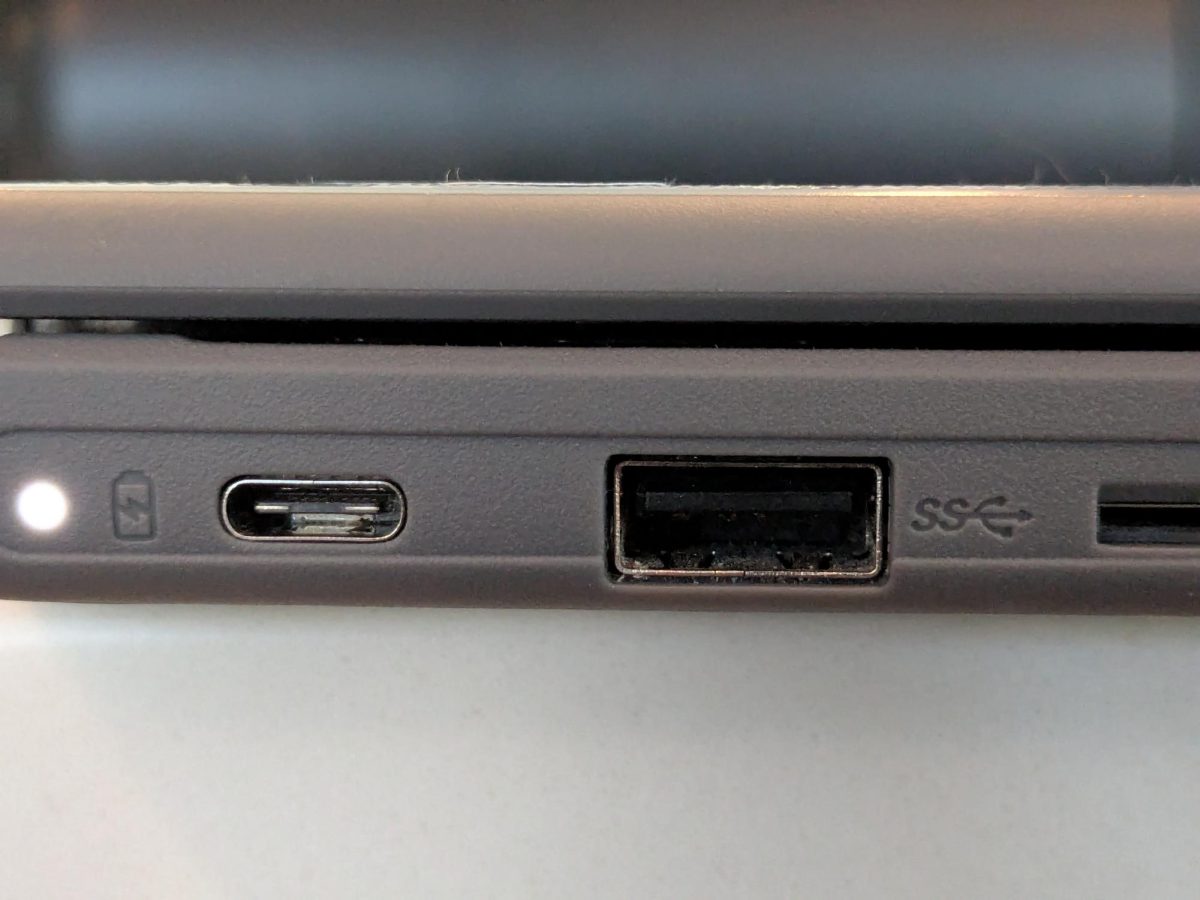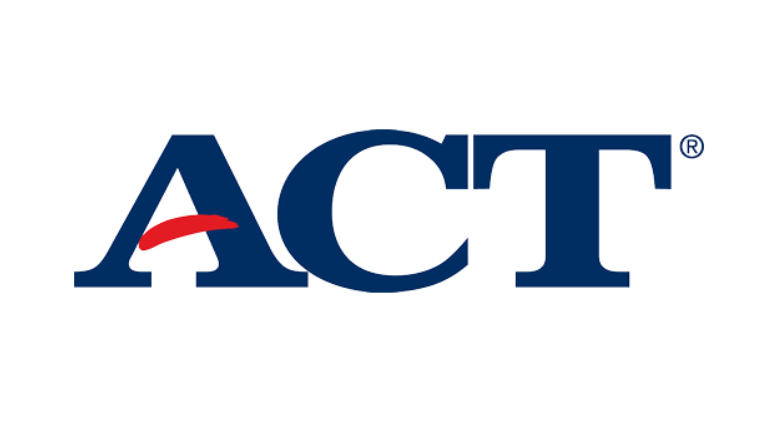If you’ve ever taken a stroll behind the field house near the engineering classrooms, you’ll notice the dumpsters and recycling bins. But if you look closely you’ll notice more than just trash and reusable items. Just to the right near entrance number 17, there is a big green bin labeled “USAgain.” If you look at this bin as just another way to “go green,” it may seem like a harmless way to just donate your unwanted items. However, there is much more to this donation bin than meets the eye.
According to the USAgain website, they refer to themselves as a green for-profit company, trying to minimize textile waste. They provide many locations across the United States, where you can drop off clothing and shoes wherever, whenever. The clothes and shoes then become available for cheaper prices for those who can’t afford new items. They claim these bins, conserve natural resources, reduce greenhouse gas exposure, and reduce landfill space. It’s referred to as “a win-win-win proposition.”
However, there is more truth behind these benevolent bins. Reporters dug deep to discover the organization’s true intentions, what it means to be a “for-profit” organization, and that this company, in actuality, is part of a bigger organization that has been considered very controversial.
The Chicago Tribune reported in 2004 and 2011 the importance of not confusing these green donation bins. They discovered that all bins labeled “USAgain, Gaia, Planet Aid, IICD, and Humana”, are linked to a Danish organization, referred to as “Tvind.” Financial records revealed that “Gaia,” (the central organization in Chicago), was spending a small amount if its money on environmental projects.
Soon after this was public, the man behind the curtain was exposed, and since then his organization has never been the same.
Amdi Petersen is the head of Tvind. He was taken into custody in Los Angeles and then handed over to Denmark to answer to charges for misappropriation of funds, embezzlement and tax evasion charges.
Peterson was found innocent, but fled in 2006 before anything could be connected to the government. This has not by any means silenced the press, the community, or the public.
Soon after, The American Institute of Philanthropy gave an “F grade” to Gaia and Planet Aid for “lack of transparency”, false spending on services in the program and spending too much on things like fundraising.
Now, most of us may have certain charities we enthusiastically support, but one may want to investigate charities a little more thoroughly before signing a check, donating used clothes, or sealing that envelope.
The Better Business Bureau also had something to say about Tvind and their programs. Apparently, Gaia never met 8 of 20 charity standards, including that money was spent on “clothing resale” and was categorized as a charitable sum and not a fundraising expense. Furthermore, if the clothing they collect is tallied as “fundraising,” only 1 percent of its income is put towards “program service activities.”
Niles West has always been a very eco-friendly environment. “In 2006 I began recycling with a few people and by 2007, it became a club. When we recycle paper, a company gives us money, and we use that money properly. It’s important for everybody to recycle. It’s one earth and there’s not going to be another one. The more people know about it, and recycle properly, the sooner we can fix it,” said Tatyana Gulak, Go Green Sponsor.
Sources and citizens believe this is a form of deception, and our communities should be aware of what is being placed on public property. Although this has no direct effect on the students of Niles West, it is necessary for teachers and students to become aware of every part of the school’s campus; especially if something as simple as a donation bin becomes a globally controversial issue. As students, we may not have the power to decide what gets promoted on the property, but we have the natural born right to choose which organizations to donate to, and which companies are worthy of our time, energy, and integrity.










Wade Larsen • Dec 13, 2013 at 6:24 AM
Great job, Ally! As someone who has researched USAgain and related companies for nearly five years, I can assure you that your concerns are completely justified.
I think recycling is great, but I’ve become alarmed by what I’ve learned about USAgain. If I may, I’d like to offer more details as well as some clarifications regarding your article.
1) I share your concerns regarding USAgain’s environmental and recycling claims:
a) USAgain often trumpets that it diverts clothes and other textiles from landfills. But so do local nonprofit organizations across our nation. In fact, if USAgain did not collect the used clothing, most of it would surely be collected by other groups. So it is not the case that all of these items would likely end up in a landfill if USAgain did not collect them.
b) USAgain says it’s a “textile recycling company,” but in reality its main activity is as a used clothes reseller. In February 2013, a USAgain spokesman told Indiana’s South Bend Tribune that “about 70% to 80% of what USAgain collects is sold in the reused clothing market.”
To clarify: ‘re-use’ & ‘recycling’ are NOT the same. ‘Recycling’ is to process discarded items into new products. ‘Re-use’ is discarded items retaining their original form, to be used again.
Despite all its recycling hype, USAgain’s PR has often hinted that the company prefers “gently used” clothing, which it sells far more profitably than ripped and worn-out items that are only useful as recyclable material.
? “Who’s getting your old stuff?” — South Bend Tribune, Ind. 2013: http://tinyurl.com/kysmqmd
c) USAgain often cites an EPA statistic that 85% of discarded textiles aren’t recycled but instead go to landfills. But is USAgain twisting EPA data to make it seem that 85% of ‘re-wearable’ clothes are just thrown away?
To the contrary, the very existence of countless charities and for-profits collecting used clothing strongly supports the contention that when Americans part with their re-wearable duds, they don’t recklessly toss them into the garbage, as USAgain seems to imply. Rather, we tend to give such items away somewhere, which in turn suggests that most old clothing that does go to a landfill is not wearable, but actually thread-bare or ripped.
Furthermore, EPA data on clothing recycling does not represent *all* clothing that Americans get rid of, whether by trashing it, or by donating it. Rather, the EPA data pertains *only* to clothing estimated to have avoided the dump and to have been recycled. This means that the EPA doesn’t keep track of the vast quantities of re-wearable clothes that folks give away to friends and family, to churches, to nonprofits such as the Salvation Army and to for-profits like USAgain.
People need to know that ‘non-wearable’ clothes can be bagged up and taken preferably to a nonprofit like the Salvation Army, which sells the stuff by the ton to be made into things like rags and insulation.
d) As for the re-wearable items, USAgain, along with other for-profit clothes collectors and out-of-town nonprofits, are reportedly causing donations to dwindle at local charities. This raises the concern that there aren’t enough clothes donations to support all the groups collecting them, despite USAgain’s assurances to the contrary:
? “For Profit – For Charity” — Keloland News, Sioux Falls, S.D., 2012: http://tinyurl.com/aqzn4dh
? “For-profit clothes bins hurting charities” — WBAY News, Green Bay, Wis., 2012: http://tinyurl.com/ajymllh
? “Drop-box confusion concerns Salvation Army” — State Journal-Register, Ill., 2011: http://tinyurl.com/nj648oc
e) Despite its “green” claims, USAgain may in fact have a huge carbon footprint, as the goods it collects are shipped out of your town, across the country, and often overseas. These tons of clothes require tons of fossil fuels to get to places like Africa. By comparison, donating to a local charity is far greener.
? “True scale of CO2 emissions from shipping revealed” — The Guardian, UK, 2008: http://tinyurl.com/npsamuq
? “Shipping Faces Calls to Lower Its Carbon Footprint” — New York Times, 2010: http://tinyurl.com/lpysuah
f) Much of the clothing USAgain collects is shipped overseas to be sold — not given — to Africans and other foreigners. USAgain’s competitors do so as well. But critics say the flood of cheap American apparel into Africa has devastated that continent’s native textile industries.
What happens to all those American clothes overseas once they’re completely worn out — even by the standards of Africa’s poorest? Reports by the United Nations and Uganda’s Makerere University say solid waste management in many African countries is woefully inadequate or even nonexistent in some places. These reports say that high percentages of urban solid waste don’t reach legal disposal points but rather end up in the environment. Open dumping is the most common waste disposal method in many urban areas.
One might assume, then, that most old clothes collected in the USA and later sold in Africa likely won’t be recycled at the end of their useful life, but will be discarded as trash, which at best ends up in an African landfill, or, at worst, in an open pit or wetland.
Are we, in effect, shipping our solid waste to poor countries that are far less prepared to properly dispose of it?
? “Is your old t-shirt hurting African economies?” — CNN, 2013: http://tinyurl.com/kcrg5xk
? “Dead White People’s Clothes” — The Root, Washington DC, 2009: http://tinyurl.com/k4s7bjb
? “Africa Review Report on Waste Management” — UN Economic Com. for Africa, 2009: http://tinyurl.com/k2alm5k
(Continued in my 2nd comment)
Wade Larsen • Dec 13, 2013 at 2:30 PM
(my 2nd comment)
2) Reports going back a decade suggest that USAgain, to quote one TV news investigation, “… routinely pretended to be a charity so business owners wouldn’t ask for rent on the bin space.”
Most disturbingly, Danish prosecutors have tied USAgain to an alleged cult called the “Tvind Teachers Group” (“TG” or “Tvind” for short). Five TG leaders, including founder Mogens Amdi Petersen, are Interpol fugitives wanted in their native Denmark in connection with a multimillion-dollar tax-fraud and embezzlement scheme.
To clarify, it’s likely that the only TG members at USAgain are its officers, none of whom are wanted by Interpol. The company’s laborers and local managers are probably just regular folks trying to hold down a job. But the text of Part 1 of KIRO 7’s report quotes a former USAgain branch manager who says she had been pressured to join the TG, reportedly an elite group within the broader Tvind organization.
* KIRO 7 Eyewitness News, Seattle; 2009:
Pt. 1: “Millions In Clothing Donations Diverted From Charity” http://tinyurl.com/cqlrt2q
Pt. 2: “Local Mayor Wants Red Bins Out” http://tinyurl.com/mo8o84u
There is much more to say regarding the allegations discussed in the above KIRO reports, but it’s too lengthy to post here. For convenience, further information is provided in the description box of the ‘Pt. 2’ video, above, which is on YouTube. On that page, simply click on ‘Show more’, located below the video. Please take a look at the reports included there.
A few additional points:
3) The clothing USAgain collects in its bins can be sold for far more than the paltry 1¢ or 2¢ per pound it typically pays to a business or cash-strapped school that agrees to partner with the company. In my opinion, such “partnerships” appear to benefit USAgain far more than its partners.
Prices vary, but “credential clothing” ? what USAgain collects “as is” ? can sell for as much as 40¢ per pound. Even “mixed rags” can fetch 20¢ per Lb.: http://globalliquidator6774.en.ec21.com/company_info.jsp
Some clothing brokers sell paired used shoes for $1.65 a pound: http://www.alibaba.com/product-tp/126508566/credential_used_shoes.html
4) USAgain’s A+ rating from the Better Business Bureau (BBB) might be meaningless, if there’s any truth to an ABC News ’20/20? investigation from 2010. The program reported that the BBB has been accused by business owners of running a “pay for play” scheme in which A+ ratings are awarded to those who pay membership fees, and F ratings used to punish those who don’t. 20/20 quoted then Connecticut attorney general Richard Blumenthal as saying “Right now, this rating system is really unworthy of consumer trust or confidence.”
Paradoxically, the Denver/Boulder BBB made some rather unkind remarks about USAgain in 2005.
* “Red, white … and confusing” — BBB of Denver/Boulder, 2005: http://tinyurl.com/k2ojucp
* “Terror Group Gets ‘A’ Rating From [BBB]?” — ‘20/20’ ABC News, 2010: http://tinyurl.com/n7aaghh
So please, research before you donate! Thank you for allowing me to express my opinions. Again, the description box of the 2nd ‘KIRO’ report includes more information.
Wade Larsen • Dec 16, 2013 at 5:03 PM
Just a few quick clarifications:
1) “Humana [People to People]” is not affiliated with the American health insurer called Humana.
2) Although Ally accurately quoted a 2011 Chicago Tribune article linking “USAgain, Gaia, Planet Aid, IICD, and Humana” clothes donation bins to Tvind, the ‘Humana’ bins are not placed in the USA, but rather throughout western Europe. The Tribune reporter simply didn’t clarify that point. Here’s a pic of Humana People to People bins in Germany: http://humana-alert.org.uk/images/bins-humana-germany.jpg
To my knowledge, the only other Tvind-linked clothes collector in the Chicago area is ‘Gaia [Movement USA]’.
Gaia is discussed in the Tribune reports that Ally mentioned:
2004: http://bit.ly/1cjp625
2011: http://tinyurl.com/5sorbng
Another hard-hitting report, by CBS 5 San Francisco in 2006, on Gaia and an affiliated “volunteer training school” called “Campus California”: http://tinyurl.com/qezmk3h
One of the reporters for the above Tribune articles, Monica Eng, who’s now with WBEZ 91.5, was a student at Tvind’s “Institute for International Cooperation and Development” (IICD) from 1991 to 1992. Eng’s personal story, published in the Tribune, 2003: http://tinyurl.com/po3lown